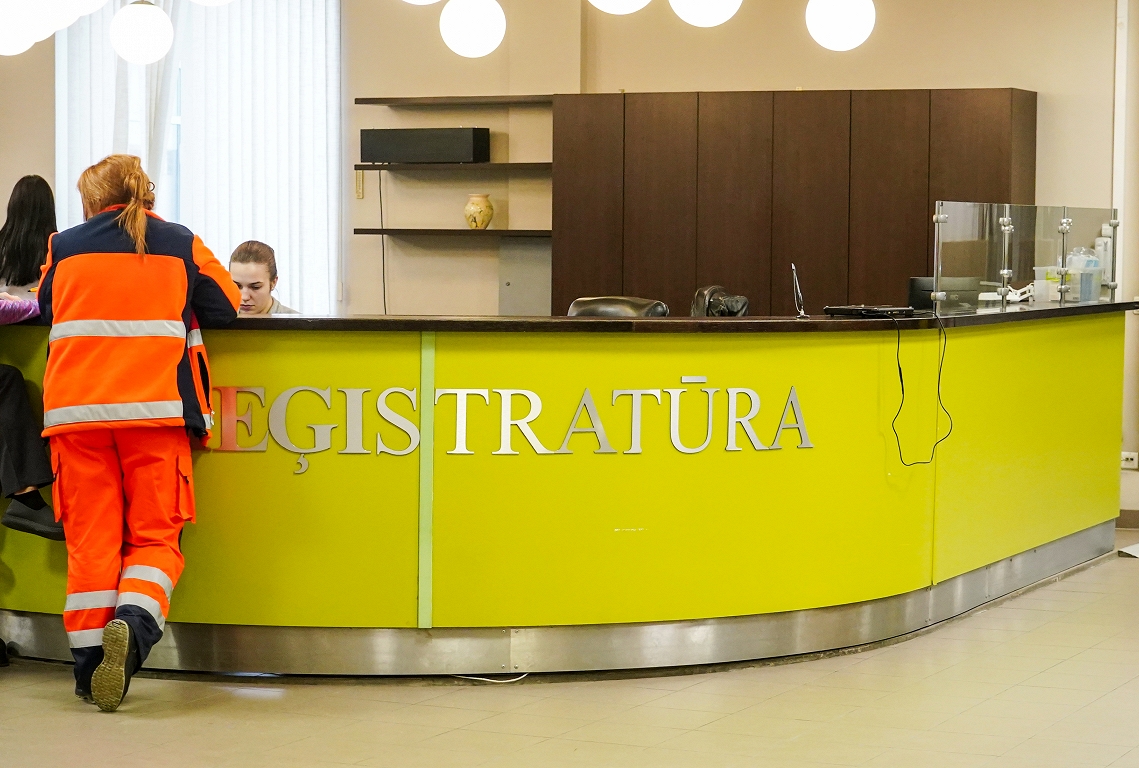With a dangerous intestinal stick infection is hospitalized another child / day

It was found that the child had attended a pre -school educational establishment where another patient was registered and both cases coincide with the outbreaks previously registered.
The SPCC emphasizes that epidemiological examination is still ongoing. Currently, the results of pathogenic E.Coli sequence is welcome to accurately identify those infections in child institutions and outside those united by identical triggers.
This will make it possible to more accurately identify food suppliers that associate the outbreak infected with the identical E.Coli, explains the SPCC.
As a result, more than 60 cases of this E. coli infection, most children, have been recorded together. Cases have been detected in various suburbs of Riga, Liepaja, Jelgava, Ropazi, Kekava, Salaspils, Adazi, Sigulda, Cēsis and South Kurzeme regions. Several children are hospitalized and continued treatment at the Children’s Clinical University Hospital with different illnesses. Others continue home treatment. Meanwhile, some disadvantages have no symptoms of the disease.
LETA has already written that at the end of last week, the Food and Veterinary Service (FVS) temporarily suspended the work of the manual packaging line of dairy farmers’ cooperative society « Straupe », as the presence of pathogenic microflora or pathogenic E.coli was found in the analysis of several employees.
The company supplied these products at 14 educational institution, when several students of these institutions became ill with E.coli intestinal infection in different regions of Latvia.
On Monday, the company had a re -testing to make sure that all necessary measures have been taken so that the company can fully guarantee the safety of the products produced by consumers in the future. After that, the FVS allowed Straupe to resume production completely.
Yuri Perevoshchikov, Director of the Risk Analysis and Prevention Department of SPKC Infectious Diseases, said earlier, that evidence of the commitment of children and employees is still indirect – it is still necessary to compare the conformity of the employees and illuminated children.
He also noted that epidemiological examination is ongoing and further tests, including other suppliers, would continue to rule out other possibilities. He admitted that the versions were different.
The SPCC explains that all people and animals in the gut have bacteria called Escherichia coli (E. coli) or intestinal stick. They are part of human normal bacterial flora and usually harmless. However, there are specific strains of E. coli, which are able to form toxins or poisonous substances and cause serious illness.
These strains are called Stec/VTEC (E. Coli, a toxin or Verotoxin). They can cause severe, bloody diarrhea, which in some cases causes acute renal failure, which requires intensive care.
The main reservoir of these strains is herbivorous animals, especially cattle. The cause is excreted from the animal or from the human body with feces. A person can become infected by consuming infected foods, under -heat -treated beef, uncooked milk, unwashed or raw fruits or vegetables. Transfer of infection directly from person to person is also possible.
The SPCC reminds food to be treated with a thermally, rinse under running water, and in particular products that will not be heated before consumption. If the symptoms of infection occur – cramping abdominal pain or bloody diarrhea should be contacted immediately.






